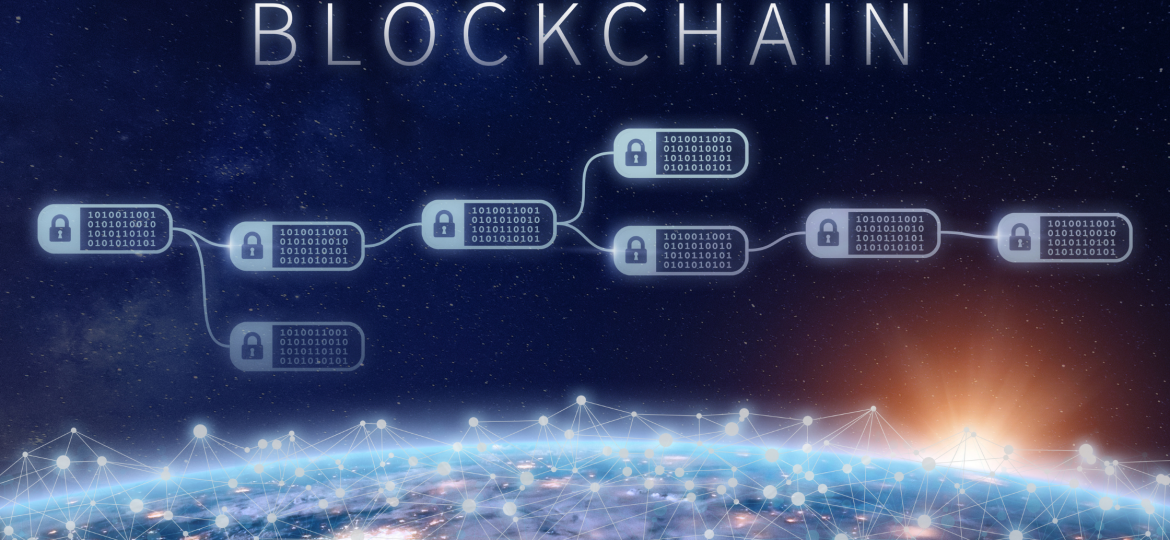
Blockchain technology is one of the most revolutionary digital innovations and at the same timeless exploited (for now) in everyday applications. The blockchain is computer technology for the management of all transactions relating to a specific type of asset (which can also be money) based on a decentralized register in which everything is contained. the history of exchanges that took place within the network. A sort of ledger shared by all.
Each time a new transaction occurs, all members of the community are informed and must validate the exchange by updating their register, and at the same time checking that everything is consistent with the history of previous transactions and with the rules of the market.
The use of a blockchain in healthcare
In the health care sector, it has been shown that the blockchain can certainly offer advantages. A blockchain can be configured in such a way that only selected users have access to the stored data. Nevertheless, the data can be stored in the distributed network so that the sensitive data can be stored here. In particular, personal documents such as patient files, medical reports, and the course of illness can be stored on a blockchain. Access to this data is only given to selected users who have previously been activated by the owner of the data.
Blockchains for identity management
Verifying a person’s identity is a challenge in selected business areas. With the help of blockchain technology, however, people’s identities can be identified more securely and more quickly than before. This is based on extensive databases that enable identification and verification. In particular, existing identification documents – driver’s licenses, passports, and ID cards – could thus be digitally implemented securely. In addition, manipulation would be almost impossible. Loss of data would also be prevented since the data is stored decentrally.
Buying a house will be easier and faster
The real estate market is a boring and chaotic business. It will take months to buy greasy paper and expensive legal fees. The UK is even worse. Your seller may accept your offer but later reject it because of a higher offer – a tactic called gazumping (although the authorities are finally starting to regulate this).
Most problems in the housing market stem from a lack of confidence. Complex land records are difficult to monitor, supported by signed documents, and require verification by banks, government agencies, and lawyers. The result is a costly and time-consuming process that many of us fear.
However, the blockchain certainly makes complex verification processes by intermediaries superfluous. With blockchain, there is a transparent version of the truth, and one party cannot make changes without the consent of everyone else. It’s intrusive, reduces paperwork, and reduces the risk of fraud.
You will be able to earn more money from things you don’t use
Big players in the general economy like Airbnb and Uber make money doing very little. They make their income by connecting people rather than renting real estate or running a fleet of taxis, and they still charge a lot for their services.
Since the blockchain is decentralized, there are no middlemen and no need to share platforms. You can rent a house, car, or whatever, with smart connectivity, without tech giants setting the rules or making a profit.

